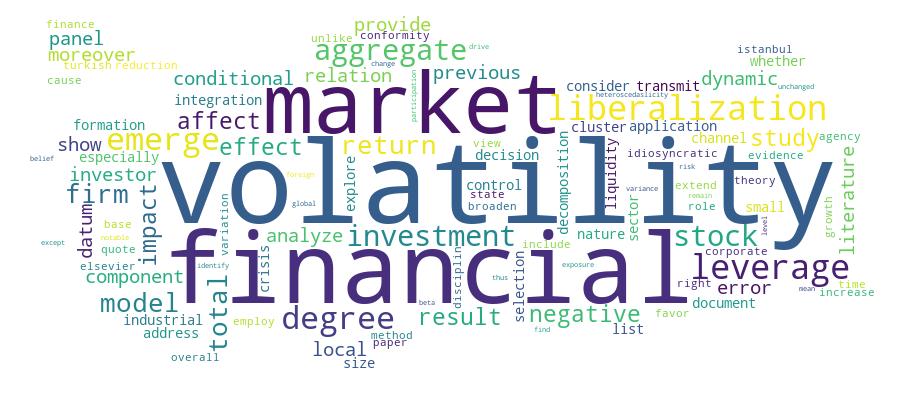Umutlu, Mehmet
Loading...

Profile URL
Name Variants
Job Title
Yrd. Doç. Dr.
Email Address
mehmetumutlu@cankaya.edu.tr
Main Affiliation
İşletme
Status
Former Staff
Website
ORCID ID
Scopus Author ID
Turkish CoHE Profile ID
Google Scholar ID
WoS Researcher ID
Sustainable Development Goals
SDG data is not available

This researcher does not have a Scopus ID.

This researcher does not have a WoS ID.

Scholarly Output
4
Articles
3
Views / Downloads
203/10
Supervised MSc Theses
0
Supervised PhD Theses
0
WoS Citation Count
118
Scopus Citation Count
145
WoS h-index
3
Scopus h-index
3
Patents
0
Projects
0
WoS Citations per Publication
29.50
Scopus Citations per Publication
36.25
Open Access Source
1
Supervised Theses
0
Google Analytics Visitor Traffic
| Journal | Count |
|---|---|
| Path to Innovation: Clusters | 1 |
| Quality & Quantity | 1 |
| SSRN Electronic Journal | 1 |
Current Page: 1 / 1
Competency Cloud


